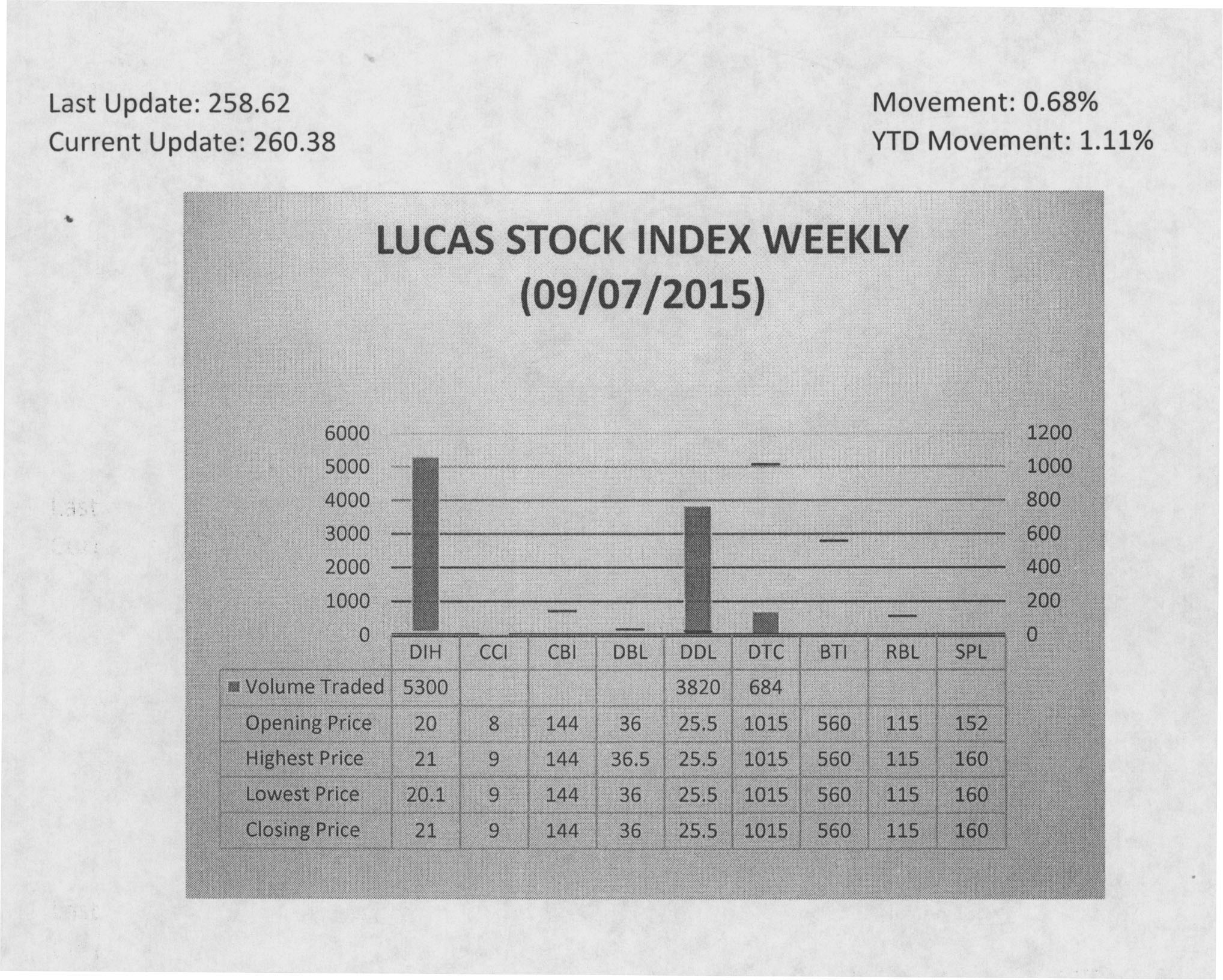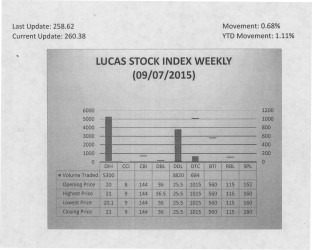Disclosures

Common thread
The common thread among many of the aforementioned contracts is that they were never subject to reasonable public scrutiny before being implemented. The expenditures were undertaken on behalf of the taxpayers of Guyana, but information on decisions was kept by a few persons. It must be kept in mind at all times that taxpayers struggle constantly with the conflict between their need to pay taxes and their desire to do so. When governments keep them in the dark, taxpayers lose respect and confidence in them and the resistance to paying taxes grows stronger. A trust gap developed between taxpayers and the former PPP/C governments. As a consequence, Guyana has been forced to set up a state-asset recovery project in order to ensure that past investments in projects were properly accounted for. Such a course of action could have been avoided if there had been greater transparency in the management of the public files and greater respect shown for the views of taxpayers. It is not clear what motivated the desire of former PPP/C administrations to have many contracts concluded in secrecy and to treat inquiring taxpayers as a nuisance. Without an affirmation of its motives, one has to turn to the discourse about knowledge and technology to find answers. Such a discourse might offer clues also to the distribution of wealth that has emerged in Guyana over the last 15 to 20 years.
Knowledge structure
It has long been recognized that wealth and power flow from access to, and control of, knowledge and technology. There is a knowledge structure at the national and global levels. The knowledge structure which includes the set of relationships that govern access to knowledge and technology has emerged as a very important component of global economics. Much of the knowledge and technology used in business come from applied research or through the purchase of technologies already developed. This knowledge and technology have helped to alter the pattern of global relations and produce shifts in the power and wealth of nations and individuals. Persons across the globe who have emerged as multimillionaires in the last 25 years have done so by either developing knowledge or by controlling and using knowledge to grow their business income. Names that come to mind from such actions are Bill Gates, Jeff Bezos, Jack Ma, Larry Page, Sergey Brin, Oprah Winfrey, Mark Zuckerberg, Warren Buffett, Rupert Murdoch and the late Steve Jobs. The information which is gathered from the knowledge structure often leads to specialization in production and trade, as countries take advantage of the comparative advantage that they enjoy. The general tendency of the global knowledge and technology instrument has been to break down barriers to information and to reduce the amount of national control over valuable publicly-generated data. This has resulted in the modification and expansion of the global production and finance structures as well.
Information
Guyana like many other developing countries finds itself in an age where information drives personal and business success at speeds that sometimes look as if they rival that of light. It is not clear how much money Guyana spends on research and development whether in the private or public sector. It is known that some research takes place at the Institute of Applied Science and Technology, the University of Guyana and the National Agricultural Research and Extension Institute. The Guyana Rice Development Board also spends money on R&D. Periodically, new or modified products emerge from private companies which suggest that they too spend money on improving the products that they bring to market. World Bank data indicate that Guyana has spent on average over US$43 million on access to intellectual property rights over the last four years. This is an indication that Guyana relies on both innovative technologies emerging from its own efforts and off-the-shelf knowledge that is the result of the work of others.
National statistics
One of the things that taxpayers pay for when they pay their taxes is the national statistics that are produced and used by the government to make decisions about public expenditure. This information shows up in several places including the reports produced by the Bureau of Statistics and the Annual Report of the Bank of Guyana. Some knowledge about the economy, interest rates, discount rates and inflation could be acquired from reading and studying these reports. These reports however are often released very late and with little advice to the public on how to access them. The reports contain data that are very important to making sound decisions about market demand and the level of competition in Guyana. They tell Guyanese about the likely potential of the export market and enable Guyanese to develop ideas about alternative or substitutes to imported items. The weakness of these reports is that they often are released late in the year and carry historical data. However, to the extent that the potential for business opportunities has not changed significantly after the reports have been released, the information can still be used to examine and pursue business prospects.
Strong roots
The desire and intent to control the knowledge structure appears to have also taken strong root in the management of useful business data in Guyana. Guyanese have been denied data on unemployment for years, even though the Ministry of Labour, now the Ministry of Social Protection, should be publishing such information as often as possible. Guyanese were denied details of large and important publicly-funded projects. Public disclosure was important for purposes of accountability. They provide a reasonable way for Guyanese to make informed judgements about the efficiency and effectiveness with which publicly-funded projects occur. But public disclosure was also important for fairness and competition. It was not until the PPP/C lost control of Parliament in 2011 that information about many questionable publicly-financed projects started becoming sufficiently well known. At that time too, Guyanese were able to discover or confirm how bad some of the proposed or concluded contracts were. The former government appeared to have used its control of access to information to manage the allocation of publicly-funded projects and in the process also appeared to have engaged in significant abuse of the trust and confidence that taxpayers placed in them.
Open discussions
A discussion on projects that the government proposes to embark on is also helpful. Unlike the reports which have historical data, open discussions about upcoming projects enable interested Guyanese to prepare themselves to compete for the business which the projects could generate. This competition contains several benefits for both the taxpayers and the entrepreneurs who want to do business with the government. Potential bidders could do the things that position them to deliver quality products if given the job. They can explore for technologies that can be used to improve processes or even the speed at which a job could be completed without necessarily compromising critical aspects of the work. They can benefit from the ideas of others who might have skills and knowledge about particular aspects of the job. The pursuit of efficiency always leads to lower costs and hence lower prices and greater savings for the taxpayers of Guyana. These are desirable public policy goals that ought to be pursued by any government.
LUCAS STOCK INDEX
The Lucas Stock Index (LSI) rose 0.68 percent during the first trading period of September 2015. The stocks of three companies were traded with 9,804 shares changing hands. There was one Climber and no Tumblers. The stocks of Banks DIH (DIH) rose 5 percent on the sale of 5,300 shares. In the meanwhile, the stocks of Demerara Distillers Limited (DDL) and Demerara Tobacco Company (DTC) remained unchanged on the sale of 3,820 and 684 shares respectively.







